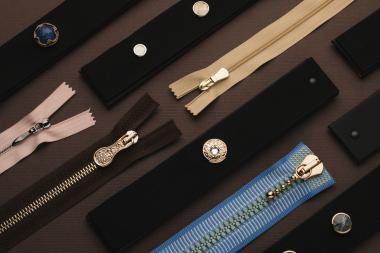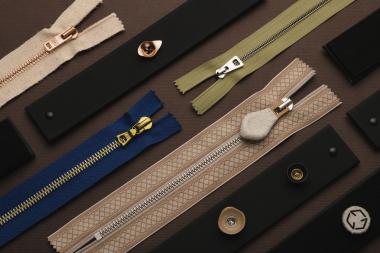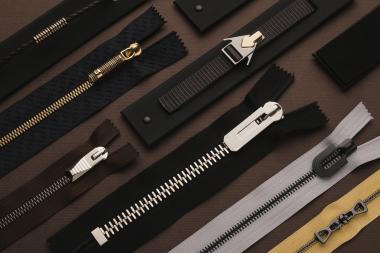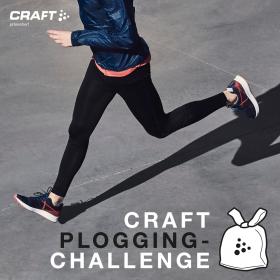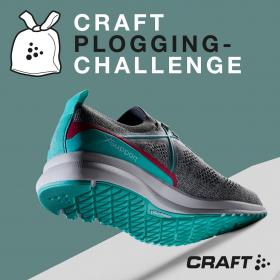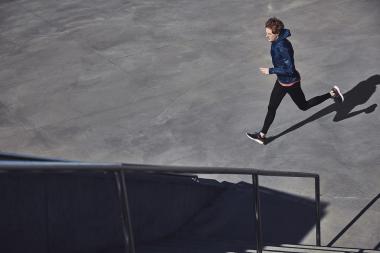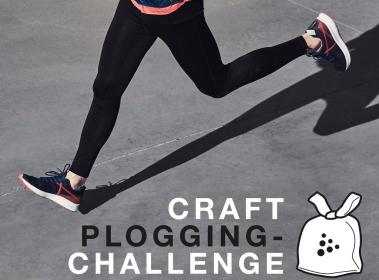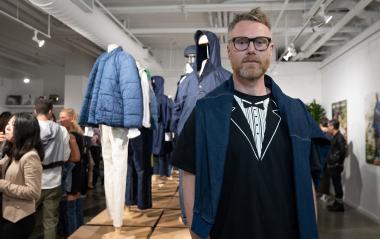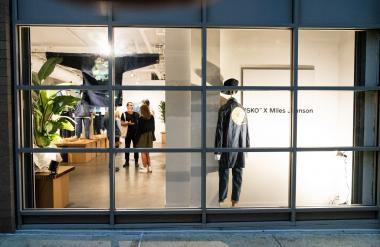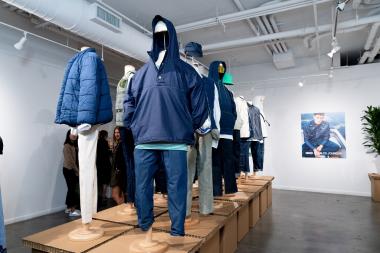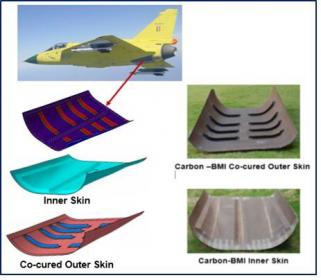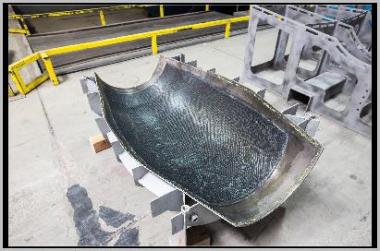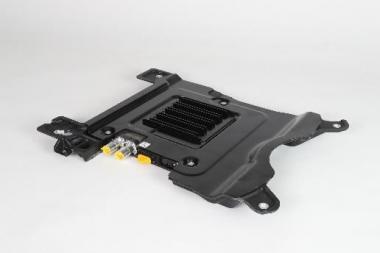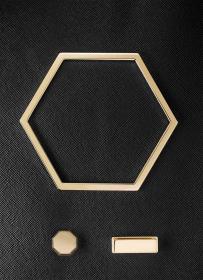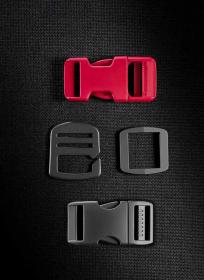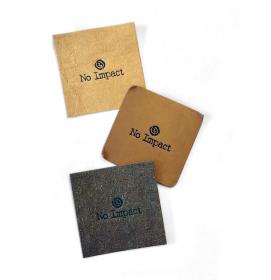Riri Group’s FW 2022-23 collection: Creativity, innovation, sustainability
The Swiss group presents three creative inspirations to explore new shapes, colors, materials and define a new offer featuring a variety of solutions and ideas.
A tribute to health and to balance with nature, to the advanced goldsmith craftsmanship and to the effortless sophistication of industrial luxury: the FW 2022-23 collection by Riri Group is a true kaleidoscope of shapes, colors and materials, where three different creative inspirations meet – Biophilic, Stones&Gold and Industrial Luxe – for a high-end line of accessories.
All three paths are the result of state-of-the-art techniques, of an R&D effort and of the renowned expertise of the Swiss group. Part of the offer is also a selection of pieces by Cobrax Metal Hub, among which stand out buckles and locks with peculiar shapes and finishing.
Looking to the new season with a positive and enthusiastic attitude, the Group continues to work towards an increasing sustainability when it comes to products and processes. The collection, in fact, is a further step toward Riri’s path of green responsibility that the company has taken to bring actual improvement in its sustainable performance. This year, Riri Group published its first Sustainability Report, calculated in compliance with Global Reporting Initiative Standard (GRI), and adopted recycled polyester as production standard for zips’ tapes.
Biophilic
A way to honor love for life, this line emphasizes the importance of physical and mental wellbeing, answering the questions raised during the challenges faced in the last year. Balance with nature becomes a concrete product circularity operation resorting to manufacturing processes with a low environmental impact and to organic and biodegradable materials. Among them stands out recycled polyester for zips which is Global Recycled Standard (GRS) certified, Global Organic Textile Standard certified organic cotton and other alternative fibers, such as nettle, a natural resource that is a great alternative to synthetic fibers. Rivets, zips, buttons and metal components are made of stainless steel, which guarantees durability and resistance, 100% recycled copper and aluminum – light, ductile and resistant to oxidation. Among the most interesting solutions are rice peel powder – used on buttons’ overseals – and eco-sustainable thermoplastic polyurethane, obtained from renewable raw sources.
Stones & Gold
Sophistication and advanced craftsmanship mark the pieces of this creative path which, inspired by goldsmith and glyptic craft tradition, reveals a delicate sense of positivity and richness. Gems, lapis lazuli, marble, and mother-of-pearl are protagonists of a refined selection of accessories designed to amaze and catch the eye, resembling actual jewels. Essential the use of gold, especially in its liquid form: dominating zips and buttons’ finishes, this precious and versatile metal becomes a decorative feature on printed tape.
Industrial luxe
The third proposal embodies the unique style and timeless elegance that have always defined Riri’s products, embellishing them with new engineering details which makes them very relevant. The accessories come with golden and black finishes, both glossy and matt, and explore shapes developed to bring life to a range of luxury accessories with a sophisticated industrial aesthetics. A dominating role goes to stainless steel, along with a selection of impactful and elegant tapes which includes jacquard options, for a retro-futuristic look that is revealed also through the use of mechanical elements, such as screws and etched metal sheets, and in the clean and boxy shapes of pullers and buttons.
Menabò Group for Riri Group


